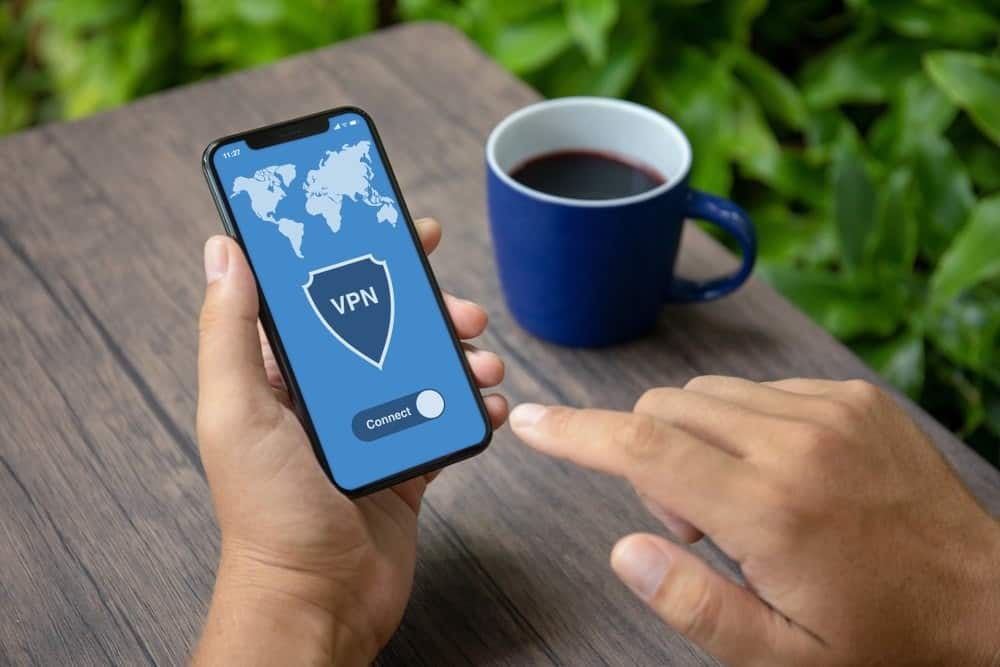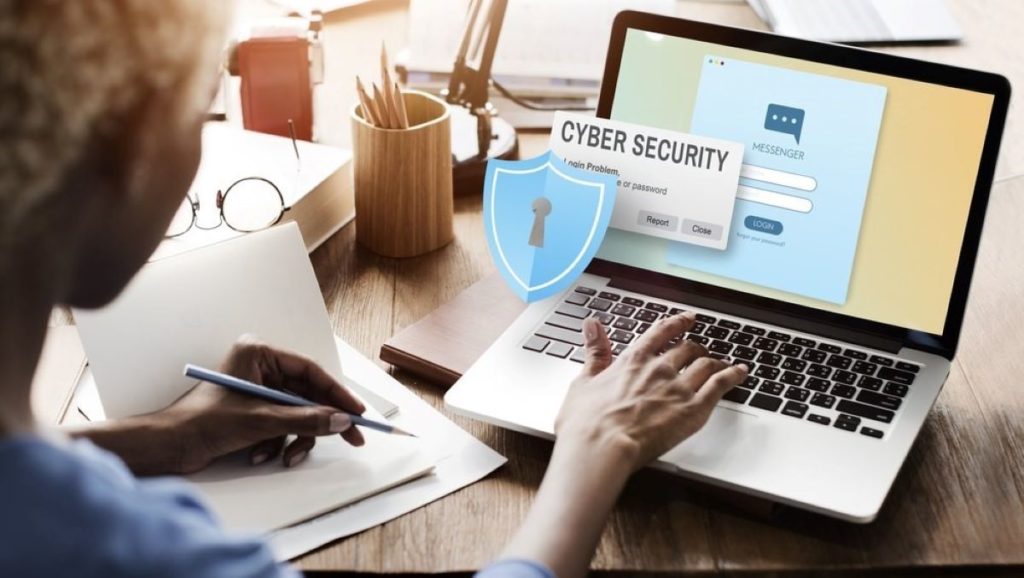A survey released by the National Cyber Security Alliance (NCSA) and Symantec found that 77% of 1,015 small businesses think they are safe from cyber-attacks. However, 83% report that they do not have a cybersecurity plan. Instead, they rely on cloud services and social media for their online safety.
The same survey reported that 40% of the 1 billion cyberattacks in 2012 targeted companies with fewer than 500 employees. This is serious, as starting a new business has its challenges, and cyberattacks could ruin a fragile new business.
RELATED ARTICLE: THE CHALLENGES OF STARTING A NEW BUSINESS
Therefore, providing your business with online safety will not only protect your customers’ data from fraudulent attacks but could also save your business from severe loss. Notably, new stories about hackers unfold daily. In short, it is smart to secure your business for better online safety as soon as you possibly can.
Below are a few online safety tips to help:
1. Provide Training to Your Staff for Online Safety

The first thing to do, even before you install the best security software you can find, is to educate your staff about online safety and cybersecurity.
Teach them to recognize phishing scams and advise them about the need for strong, unique passwords. Additionally, ensure they understand security risks and how those could affect the business. This should also apply to remote staff, as their Internet connections could expose the business to increased risks of cyberattacks if they fail to follow proper security precautions.
2. Safeguard Access to Devices and Computers
Malicious attacks by hackers, along with the risk of theft, should be reasons enough to secure your computers and all other devices for better online safety. One key action would be to install remote tracking software. Also, encrypt portable devices such as laptops and USB keys.
Other ways to safeguard your devices and computers include these measures:
- Keep up with system and software security updates
- Enable a firewall
- Adjust your browser settings
- Install antivirus and anti-spyware software
- Encrypt your data
- Use a VPN
3. Secure Your Wireless Networks

Leaving your network open invites anyone and everyone to connect. This includes hackers who could end up compromising your entire system. So secure your wireless networks for better online safety. To this end, use the following checklist:
- Use stronger encryption
- Use a secure WPA password
- Check for rogue Wi-Fi access points
- Provide a separate network for guests
- Hide your network name
- Use a firewall
- Use a VPN
4. Conduct Regular Backups
A cyberattack is a painful way to lose all your records. However, if you fail to back up your files regularly, you stand the risk of losing important financial, personal, and client records to a cyberattack.
Moreover, losing important data for your business, along with your clients’ information, is as good as losing the business itself. Additionally, you will lose company revenue, as recovering from a cyberattack can be expensive.
However, you can avoid this problem entirely by taking steps toward better online safety. This you can do by ensuring that you back up all your data regularly.
5. Monitor Accounts for Better Online Safety
For best online safety, always watch for any unusual activity as you conduct any of your online activities. This is because anything out of the ordinary could be a sign of compromise.
For better online safety, add two-factor authentication. For example, include a security question with every login. This could help reduce the risk of compromise and improve your company’s online safety.
Learn and Use Best Practices for Online Safety
Every business with an online presence must take steps to provide online safety for the company and its data. Therefore, ensure you are protected against cyberattacks by making sure that you always work and play online securely and safely.
Also, outsource expertise to ensure you are using best practices for online safety. Finally, you can’t be too careful when it comes to something that could ruin years of your hard work in a single instant.

